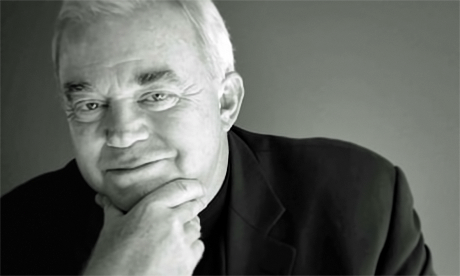In the past few months, the world has witnessed the worst outbreak of Ebola since the disease was first identified in 1976 — it has already claimed the lives of more than 3,400 people.
But while the first cases in the U.S. and Spain have stirred fears over the past week, we don’t need to fear an unstoppable epidemic in developed countries. As World Bank President Jim Yong Kim aptly put it in a piece for the Huffington Post:
“The knowledge and infrastructure to treat the sick and contain the virus exists in high- and middle-income counties. However, over many years, we have failed to make these things accessible to low-income people in Guinea, Liberia, and Sierra Leone. So now thousands of people in these countries are dying because, in the lottery of birth, they were born in the wrong place.”
Dr. Kim makes the crucial point here — the current Ebola outbreak is much more than a public health crisis — it is an inequality crisis.
People dying of Ebola in West Africa did not choose to be born in West Africa, any more than I chose to be born in the United States or my wife chose to be born in England.
The Scriptures remind us time and again of our obligation to care for the widow, the orphan, and the sick.
Accordingly, it is clearly our duty as Christians to do everything we can for the people suffering from this epidemic.
Combatting the current outbreak is important beyond saving lives in the short term; the World Bank estimates that the economic cost in terms of lost growth that Ebola could cause in West Africa could rise into the tens of billions of dollars.
Such a scenario would make inequality between this region and the developed world even worse — making it that much more difficult for nations like Liberia, Guinea, and Sierra Leone to experience the economic development that will be needed to reduce the likelihood and severity of future epidemics.
So fighting Ebola means much more than simply sending funding, medicine, and personnel to West Africa to contain the outbreak. Continue reading
– Jim Wallis is a christian leader for social change.
Image: Sojo Net
Additional readingNews category: Analysis and Comment.




